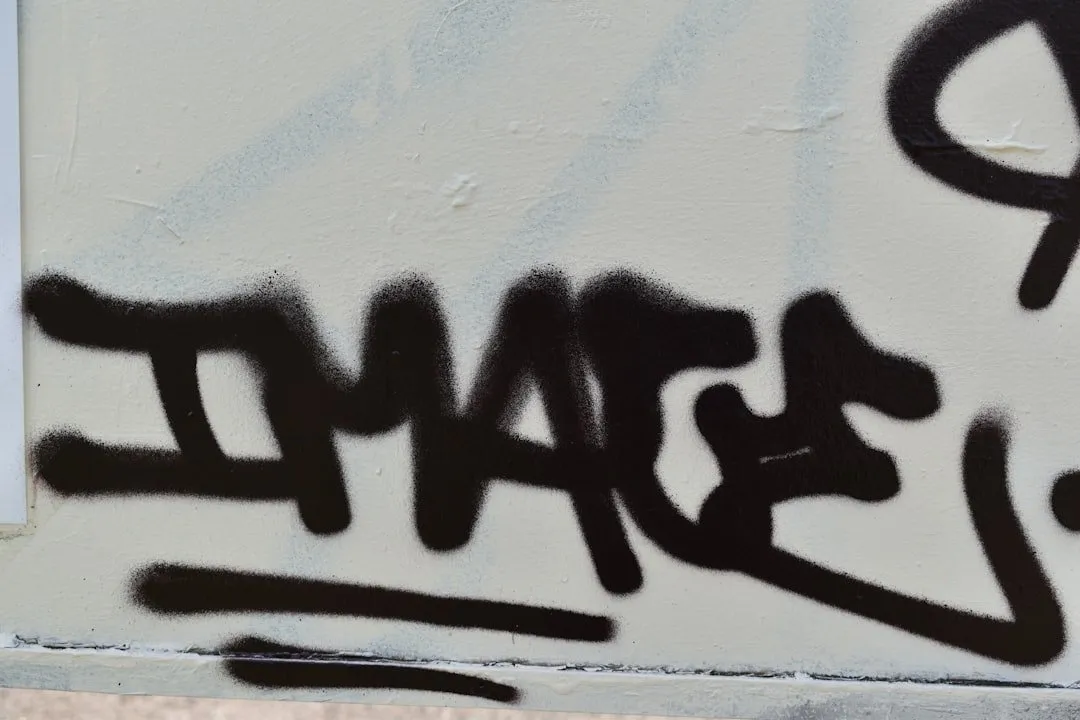Vietnam Kratom leaves, known for their psychoactive properties, may not consistently appear on standard military drug tests due to chemical complexities but can still lead to positive results using advanced testing methods. Individuals in the military should exercise caution as kratom consumption may conflict with strict drug screening policies and carry potential risks of adverse reactions. The legal status of kratom varies globally, with some countries permitting personal use while others have regulations or bans in place.
Vietnam Kratom leaves have gained popularity for their unique effects, but what exactly are they? This article delves into the world of Vietnamese kratom, exploring its origins and distinct properties. A common concern among users is whether kratom can be detected by military drug tests—an important question for those in uniform. Additionally, we’ll discuss safety precautions and the legal status of Vietnam Kratom leaves to ensure informed decisions.
- What are Vietnam Kratom Leaves?
- Does Kratom Show Up on Military Drug Tests?
- Safety Considerations and Legal Status of Vietnam Kratom Leaves
What are Vietnam Kratom Leaves?
Vietnam Kratom Leaves refer to the dried leaves of the kratom plant (Mitragyna speciosa), which is native to Southeast Asia, including Vietnam. These leaves have gained significant popularity worldwide for their psychoactive properties, often used for recreational and medicinal purposes. The unique chemical composition of Vietnam kratom leaves, containing various alkaloids like mitragynine and 7-hydroxymitragynine, contributes to the plant’s diverse effects on the mind and body.
When discussing Vietnam Kratom Leaves, it’s important to note their potential impact, especially in regions where drug testing is prevalent, such as in the military. Research indicates that kratom may not show up on standard urine-based drug tests, but its detection depends on the test’s sensitivity and specificity. This factor has implications for individuals using kratom for personal reasons or seeking employment in sectors with strict drug screening requirements, including military positions, where passing a drug test is crucial.
Does Kratom Show Up on Military Drug Tests?
Kratom, derived from the leaves of the Mitragyna speciosa tree, has gained popularity for its potential therapeutic effects, including pain relief and relaxation. However, one common concern among users is whether it can be detected in drug tests, especially in high-risk environments like the military. The answer lies in the type of test administered. Standard urine drug tests often used in civilian settings may produce false positives for kratom due to its unique chemical composition, which shares some similarities with opiates.
Military drug testing protocols, however, are generally more advanced and stringent. These tests typically use immunoassay or mass spectrometry techniques, which are highly sensitive and specific. Studies suggest that these methods are capable of detecting even trace amounts of kratom metabolites, making it unlikely for active users to bypass these tests. Therefore, individuals serving in the military or subject to random drug testing should exercise caution when considering kratom consumption to avoid potential adverse consequences.
Safety Considerations and Legal Status of Vietnam Kratom Leaves
Vietnam Kratom leaves have gained popularity for their potential effects, but it’s crucial to approach them with caution. Safety considerations are paramount; like any supplement, kratom can cause adverse reactions, especially in those with pre-existing health conditions or when combined with other substances. It’s essential to research and purchase from reputable sources to ensure purity and quality.
Legally, the status of Vietnam Kratom leaves varies globally. While some countries have legalized it for personal use, others, including many in Southeast Asia, have stringent regulations or outright bans. In terms of military drug tests, kratom is not always detected due to its unique chemical composition, but this varies by test type and sensitivity. However, using kratom remains a risk, as it can still lead to positive test results in certain circumstances and may conflict with military policies regarding substance use.
Vietnam Kratom leaves, a popular natural alternative, have sparked interest but also raised concerns, especially regarding their potential impact on drug testing. In terms of the question, “does kratom show up on military drug tests?”, research suggests that while some tests may detect certain kratom metabolites, it’s unlikely to flag as a positive result under normal circumstances. However, safety considerations cannot be overlooked, and users should stay informed about local legal statuses, especially when dealing with Vietnam Kratom leaves, given their varying regulations worldwide.














